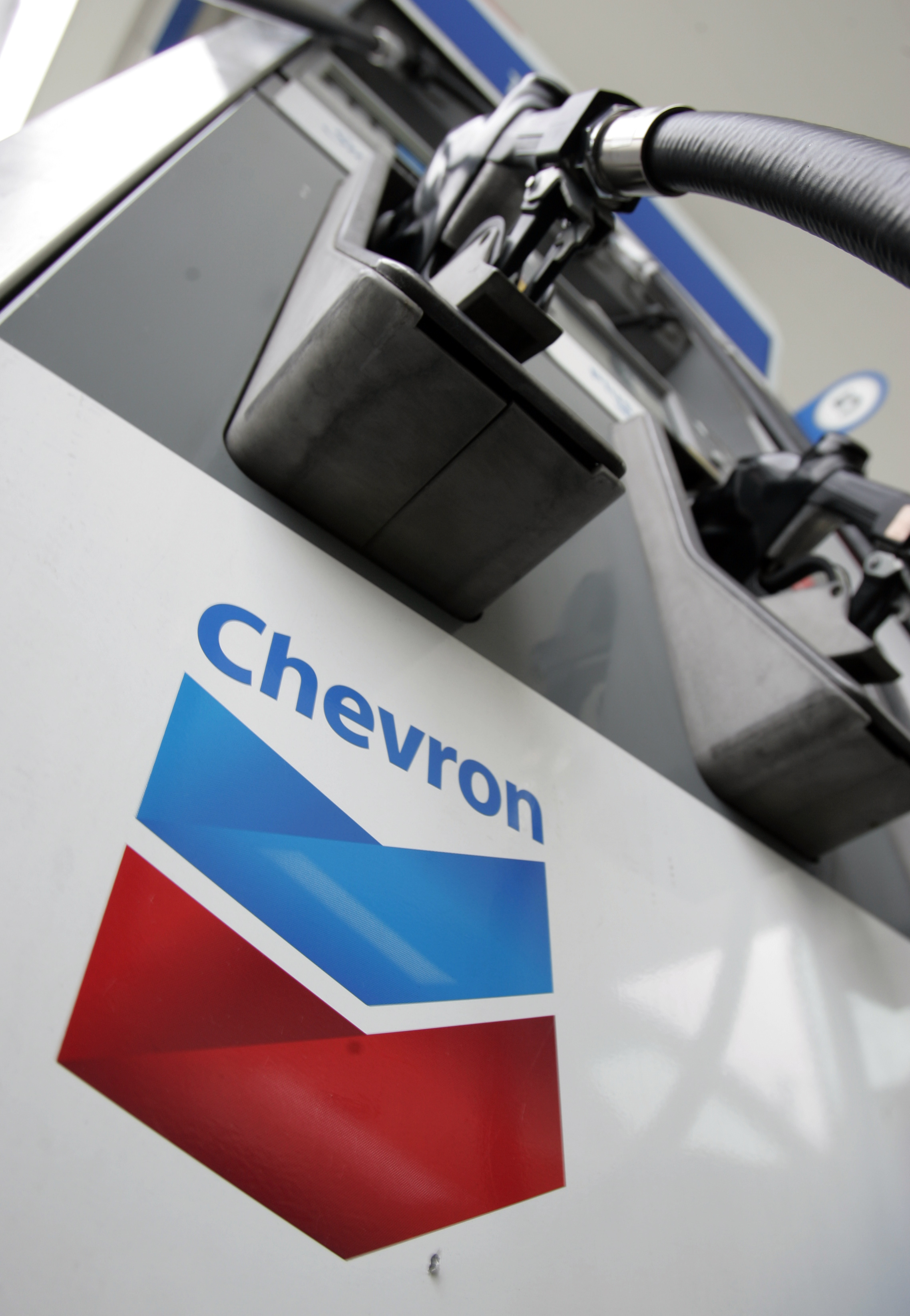
Drivers are enjoying the extra money in their pockets after a trip to the gas station, but economists can’t figure out why we’re not going crazy spending all those extra bucks. Now, two new reports reveal what Americans are really thinking: We don’t believe this cheap gas is here to stay.
A survey released las week by the Consumer Federation of America finds that 57% of Americans say the miles per gallon they’ll get out of the next car they purchase is “very important,” and almost nine in 10 say it’s either very important or important. That’s probably because, on average, we expect gas prices to hit $3.20 again in two years, and shoot up to $3.90 in five years. (The highest gas has ever been was in the summer of 2008, when the national average hit $4.11 per gallon.)
Another recent report yields similar findings. The J.D. Power 2015 U.S. Avoider Study finds that, for the fourth year running, a majority of new car buyers say miles per gallon plays a leading role in determining which car they buy. For 14% of car buyers, gas mileage was the top reason they picked their vehicle — trumping other important factors like looks and performance. “At the segment level, gas mileage is the primary purchase reason among buyers of compact, small and midsize cars and compact MPVs,” the release notes. And 16% of car buyers rejected a particular vehicle because it didn’t get good mileage, the second-highest reason people kick a car out of consideration.
In spite of low gas prices today, the pain of future fill-ups is never far from drivers’ minds. “Clearly, consumers are considering the total cost of ownership when selecting their new vehicle,” Arianne Walker, senior director of automotive media and marketing at J.D. Power, says in a statement.
The CFA’s analysis of how much we drove and how much we spent over a five-year period suggests we’re on the right track with this kind of long-term thinking, too. If you’d gone out and bought a gas guzzler that got 15 miles to the gallon back in January 2009 when gas averaged $1.84 a gallon, you would have paid $153 a month to fill up the tank (assuming you drove roughly 1,250 miles a month). That’s not so bad, but when gas prices rose, all those fill-ups would add up.
After five years, the CFA says you would have paid over $6,400 more on gas than if you had purchased a car that got 25 miles to the gallon instead. “Buying an inefficient vehicle during periods of low gas prices condemns the consumer to… a whopping overall increase in lifetime gas costs,” CFA director of research Mark Cooper says in a statement.
More Must-Reads from TIME
- Donald Trump Is TIME's 2024 Person of the Year
- Why We Chose Trump as Person of the Year
- Is Intermittent Fasting Good or Bad for You?
- The 100 Must-Read Books of 2024
- The 20 Best Christmas TV Episodes
- Column: If Optimism Feels Ridiculous Now, Try Hope
- The Future of Climate Action Is Trade Policy
- Merle Bombardieri Is Helping People Make the Baby Decision
Contact us at letters@time.com